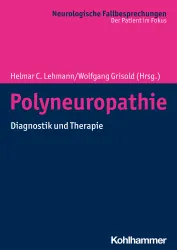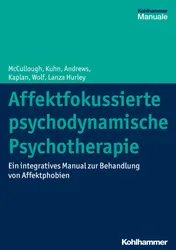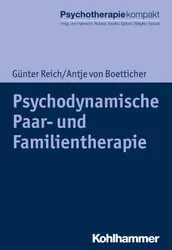In their everyday work, schoolteachers, kindergarten teachers, and also educationalists and psychologists who work in extracurricular institutions are constantly faced with questions and problems in which intelligence is a central aspect. Decisions that have practical implications (such as recommendations on which type of further schooling is appropriate for a student, for example) also depend on the extent to which those responsible are able to grasp, understand and correctly interpret current findings on intelligence. This book explains the concept of intelligence in a way that is understandable for laypersons even without any prior knowledge of psychology. It does not focus purely on diagnosing intelligence, but throws light on many different aspects that are educationally relevant.

Traumakonfrontation - Traumaintegration : Therapiemethoden im Vergleich
book
Prävention psychischer Störungen : Konzepte und Umsetzungen
Sabine C. Herpertz
book
Beiträge zur philosophischen Begründung der Psychologie und der Geisteswissenschaften
Edith Stein
book
Wie Kinder zwischen vier und acht Jahren lernen : Psychologische Erkenntnisse und Konsequenzen für die Praxis
Jan-Henning Ehm, Jan Lonnemann, Marcus Hasselhorn
book
Diagnostik in der ambulanten Psychotherapie : Ein Lehr- und Praxishandbuch
Sarah Schäfer, Christian Schanz, Monika Equit
book
Die Morrígan : Hohe Königin und Schicksalsgöttin Irlands, Beschützerin des Feenvolkes
Morgan Daimler
book
Lernen und Gedächtnis
Franz J. Schermer
book
Polyneuropathie : Diagnostik und Therapie
book
Affektfokussierte psychodynamische Psychotherapie : Ein integratives Manual zur Behandlung von Affektphobien
Leigh McCullough, Nat Kuhn, Stuart Andrews, Amelia Kaplan Romanowsky, Jonathan Wolf, Cara Lanza Hurley
book
Psychodynamische Paar- und Familientherapie
Günter Reich, Antje von Boetticher
book
Jacques Lacan : Eine Einführung für die therapeutische Praxis
book
Neuropsychiatrie : Psychiatrische Symptome bei neurologischen Erkrankungen
book
